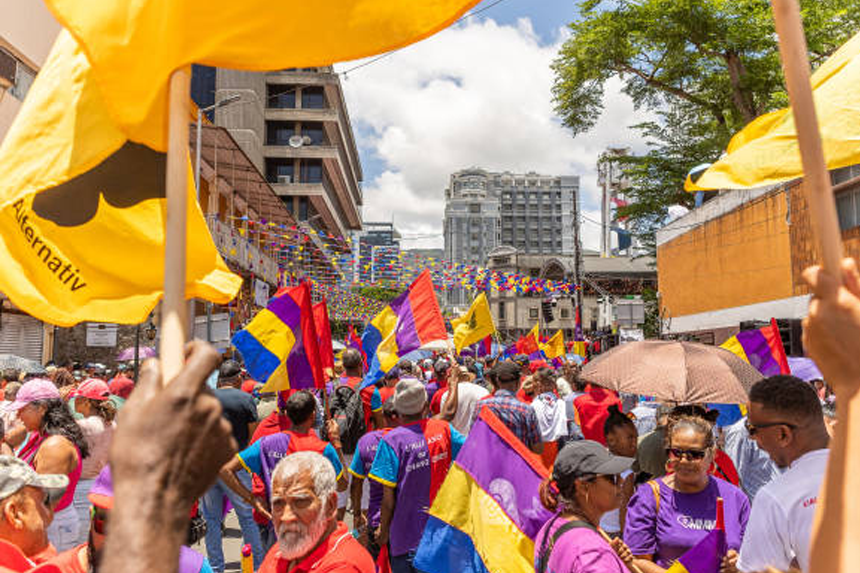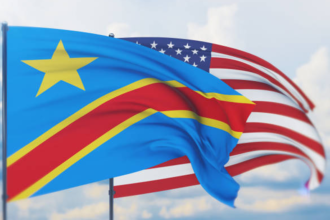With 60 64 parliamentary seats, the opposition Alliance of Change in Mauritius won a resounding triumph in the national general election in a fantastic turnabout.
- How Did Leadership Change in Mauritius?
- What Controversies Surrounded the Election?
- What Did Ramgoolam Say After His Victory?
- How Did the People Celebrate the Election Result?
- Why Did the Ruling Party Lose Support?
- How Do Political Leaders View the Election Outcome?
- What Was the Voter Turnout and Broader Context of the Election?
The outcome fundamentally changed the political scene with Navin Ramgoolam, the Alliance of Change’s leader, named the new prime minister.
How Did Leadership Change in Mauritius?
Veteran politician Ramgoolam, 77, is starting his third term as prime minister after serving from 1995 to 2000 and once more from 2005 to 2014. Leading departing Prime Minister Pravind Jugnauth, 62, his return to government marks the crushing defeat of the Lepep alliance ruling coalition.
Leading the nation since 2014, Jugnauth noted in a Monday statement his party’s loss.
“It is obvious that our alliance has lost greatly,” Jugnauth stated. With just two seats after winning 42 in the 2019 election, the Lepep alliance indicates a notable drop in support.
What Controversies Surrounded the Election?
Although Mauritius is long considered one of the most stable democracies in Africa, this election was not without controversy.
A phone-tapping controversy dogged the campaign, with leaked recordings of well-known public personalities becoming viral online. Reacting to the mounting debate, the government banned social media throughout the election season. Still, this action infuriated people and was quickly undone within 24 hours.
Notwithstanding the difficulties, the election went forward, and Mauritius’ people got a precise result. With 63% of the vote, the Alliance for Change won; the Lepep Alliance just got 28%. The landslide win mirrored public discontent with the current government.
What Did Ramgoolam Say After His Victory?
In his first speech as prime minister-elect, Ramgoolam expressed his gratitude for the people’s overwhelming support. “The court of the people has delivered its verdict, and a new Mauritius awakens,” he said to a cheerful audience.
As the nation expects fresh leadership, his victory address is connected with ideas of transformation and hope for the future.
How Did the People Celebrate the Election Result?
Port Louis, the capital, was festive when the election results were validated—thousands of exuberant Mauritius people assembled on the streets to dance and sing in fun. Vuvuzelas filled the air as many waved the national flag to signal the momentous event while launching pyrotechnics.
“We are celebrating a fresh chapter for Mauritius,” said Ibrahim, a Port Louis Alliance for Change voter. “After the people have spoken, all of us will have a victory from this election.”
Why Did the Ruling Party Lose Support?
The election result directly reacted to growing popular discontent with Mauritius’ government.
Throughout the campaign, primary concerns were the cost-of-living crisis, mounting corruption worries, and demands for improved leadership. In his victory address, Ramgoolam himself recognized the necessity of significant transformation.
“I promise to work for a better future for all Mauritius; the degree of your support moves me,” he stated. “We will concentrate on the problems that most affect people’s quality of life.”
Voters found resonance in Ramgoolam’s campaign proposals. He promised to lower petrol prices, boost pensions, and implement free public transport and internet access.
These promises, targeted at relieving the mounting financial strain on the population, helped mobilize support for his Alliance for Change.
How Do Political Leaders View the Election Outcome?
Celebrating the election outcome as a victory for the people of Mauritius, Arvin Boolell, the former foreign minister and a significant player within the opposition alliance, praised, “This is a victory of the people,” Boolell stated. “We have to now cooperate to create a better future; the people have made their voices heard.”
The triumph marks a change in political power and reflects the public’s yearning for reform and more responsibility from their leaders.
What Was the Voter Turnout and Broader Context of the Election?
The high number of voters, reported at 80%, reflects public participation in the political process.
The election also occurred against a historic agreement in which the United Kingdom gave Mauritius sovereignty over the Chagos Islands, a long-standing diplomatic conflict.
Now behind them, the people of Mauritius are looking ahead to a new chapter under Navin Ramgoolam and the Alliance for Change. The following years will be crucial since the new government sets out to solve the country’s urgent issues, including the economy, social welfare, and governance reforms.
“We are ready for a new beginning,” Ramgoolam said in his speech, “and together, we will work to build the Mauritius we all dream of.”








